Studio interference in the film industry
We can all agree that the medium of film is an art form. However, if not independently funded, they usually have to be at the mercy of a production company, such as big-name companies like Disney or Universal. The problem with this is that they would often change or request changes to a movie to make it more ‘marketable.’ I think these changes, more often than not, make the film worse.
One of the worst parts of studio interference is that a studio would often make changes purely to increase market value. One of the most infamous examples of this is the 2016 disaster ‘Suicide Squad’ (not to be confused with the 2021 film ‘The Suicide Squad’). Director David Ayer said publicly, “The trailer nailed the tone and intention of the film I made. Methodical, layered. complex, beautiful, and sad. After the ‘Batman Vs Superman’ reviews shell-shocked the leadership at the time and the success of ‘Deadpool,’ My soulful drama was beaten into a comedy.” Once studio executives see one of their films do poorly and a rivaling studio’s film being successful, they will do anything to emulate the successful movie, such as making a drama a dark comedy because of ‘Deadpool’.
Another thing that studio executives would do is cut down the movie for theaters, however, they would sometimes cut out important scenes and make the movie a lesser product as a whole. A fairly recent example that comes to mind is the summer release ‘Jurassic World Dominion.’ The cut scenes were never seen before the extended cut released not long ago, and some of the new scenes that had to be added in should have been in the original cut. They range from an incredibly minor dinosaur cage match to scenes that actively establish characters and plot lines. As a director, Colin Trevorrow said, “Friends don’t let friends watch the theatrical cut.” Even the director disowned the original cut due to how butchered it is.
Now with all that being said, sometimes studio interference can be a good thing. One example that comes to mind is how the main characters in ‘Toy Story’ were straight-up hateable in the original script until they changed it. Another instance was the change in the ending of “Back to the Future” from taking place at a military base to the iconic clock tower scene. The original ending would have used a nuclear test to power the time machine. The best example of good studio meddling is it was actually how the original ‘Psycho’ even got made. Paramount at the time thought the film was too gruesome, so Alfred Hitchcock financed the film himself. However, the changes are mainly done not for the benefit of the film itself, they are done to ensure the film makes a lot of money, and there lies the underlying issue with studio meddling, the need for profit over artistry.
The main issue many people have with studio interference is that the studio mainly cares about the short-term income they can make from a movie, instead of its long-term impact. I know Hollywood is a business and all, but the film itself should be seen more as what it truly is: an art form. There are moments when a studio can make a movie better, that part is true; however, those moments are few and far between. I don’t see that change happening anytime soon, so we should let directors have more freedom to see through their vision of the film and only have studio executives get involved if the film is doing something really bad, like not following basic morality.
Your donation will support the student journalists of Fuquay-Varina High School. Your contribution will allow us to purchase equipment and cover our annual website hosting costs.

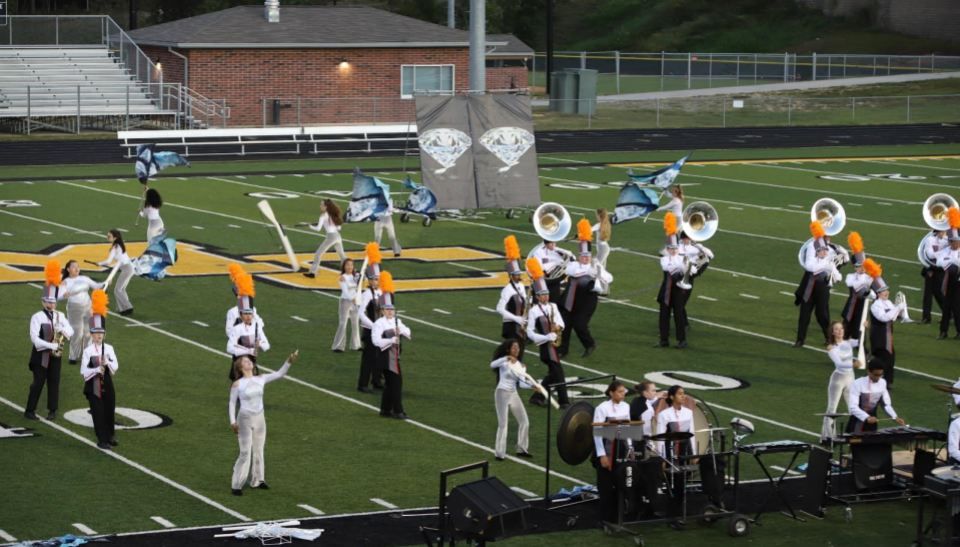

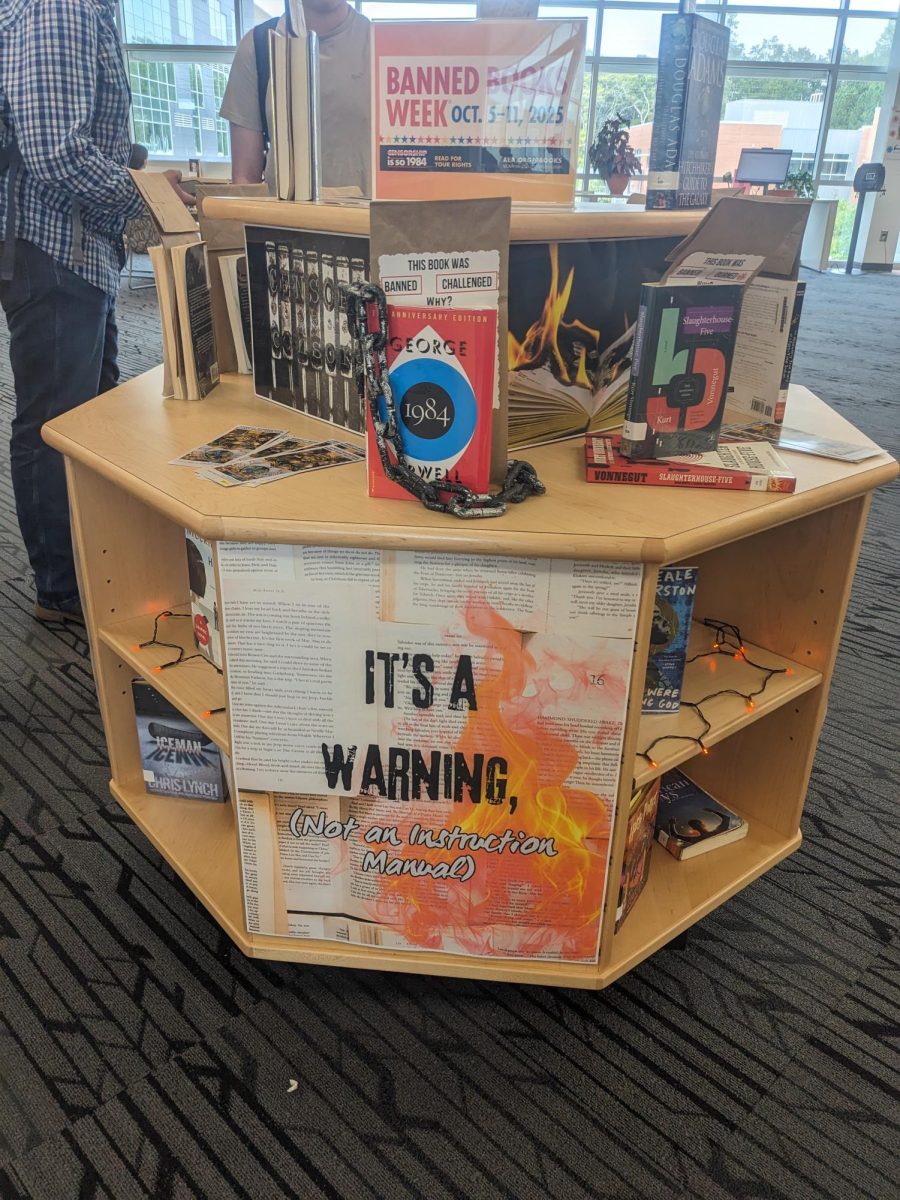





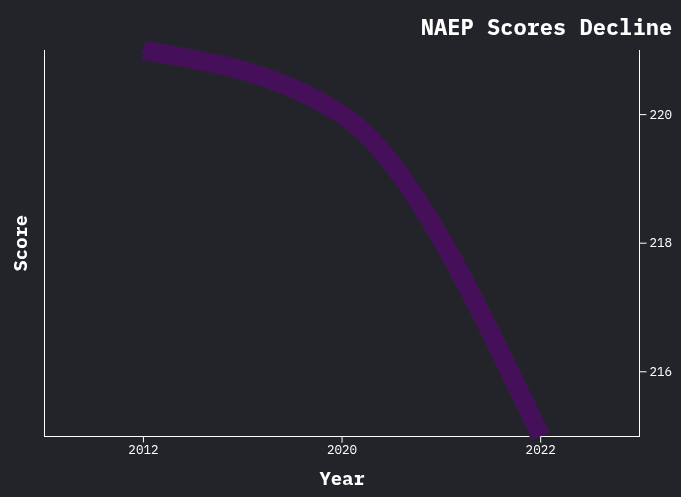






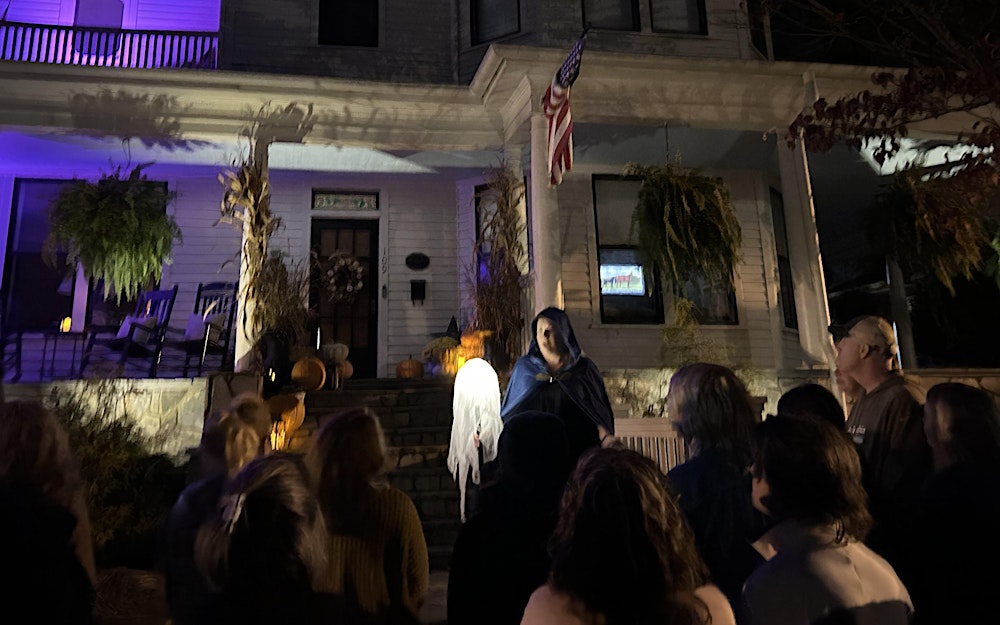
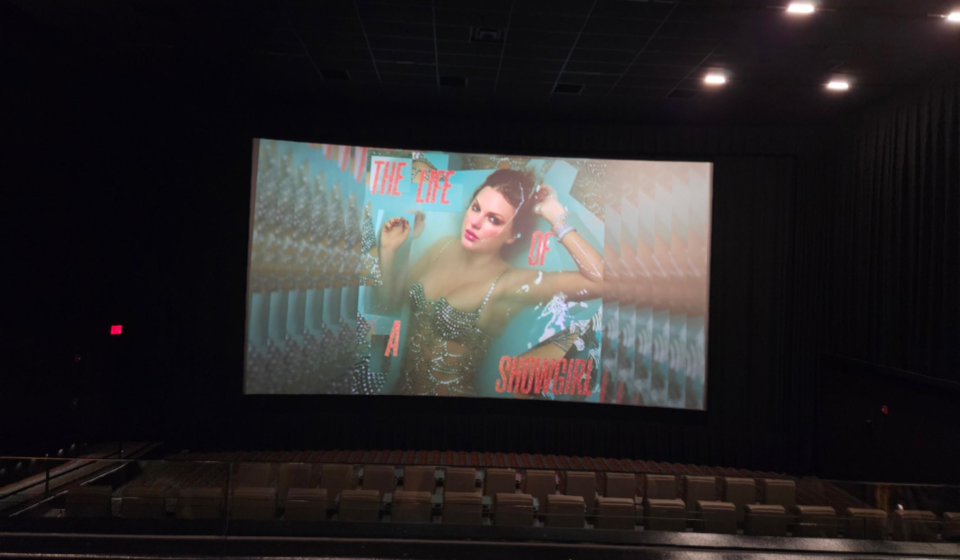
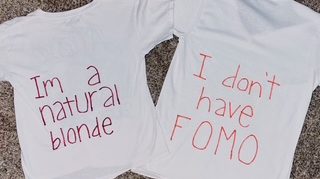

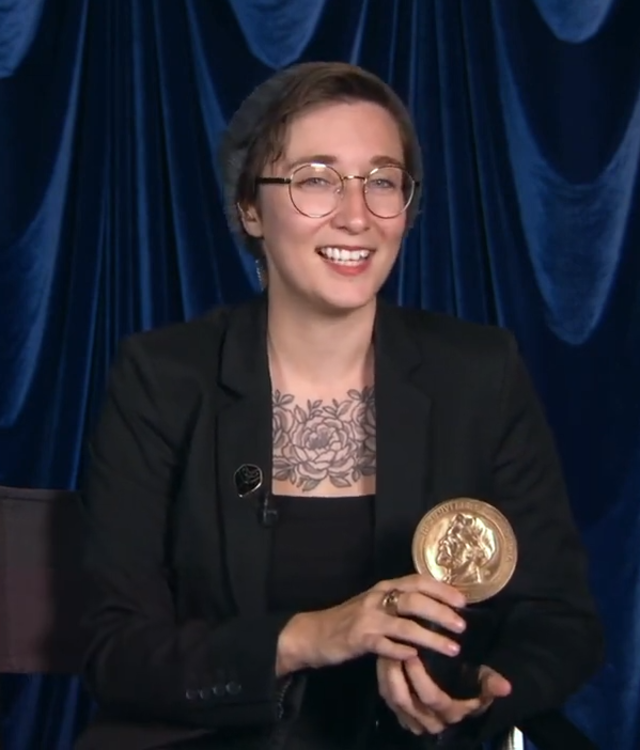
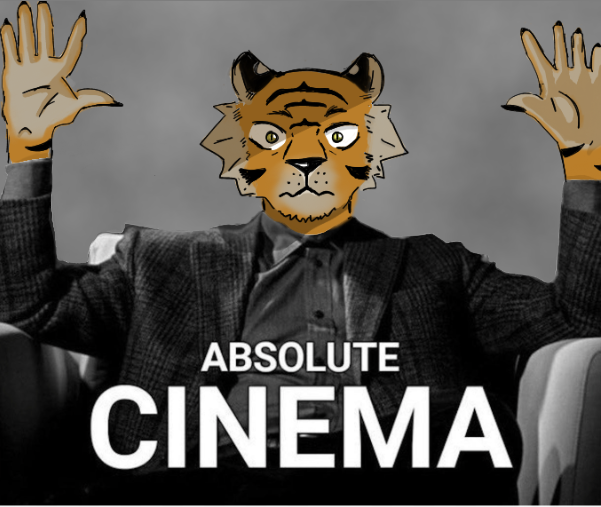

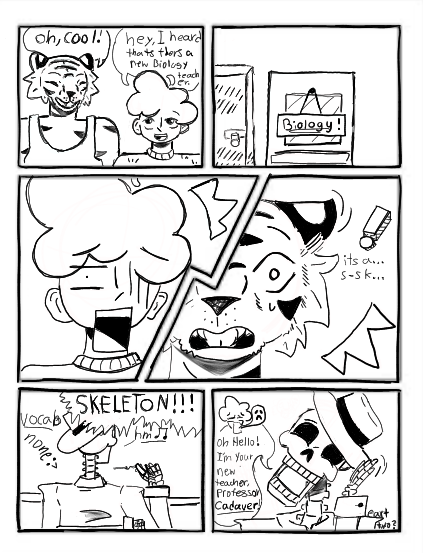
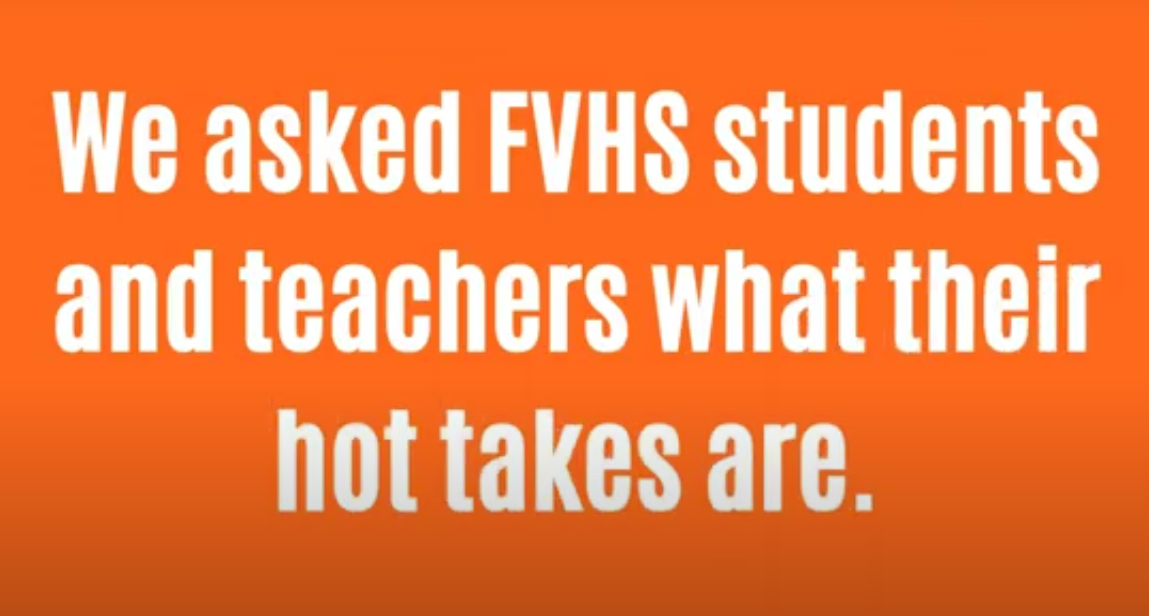
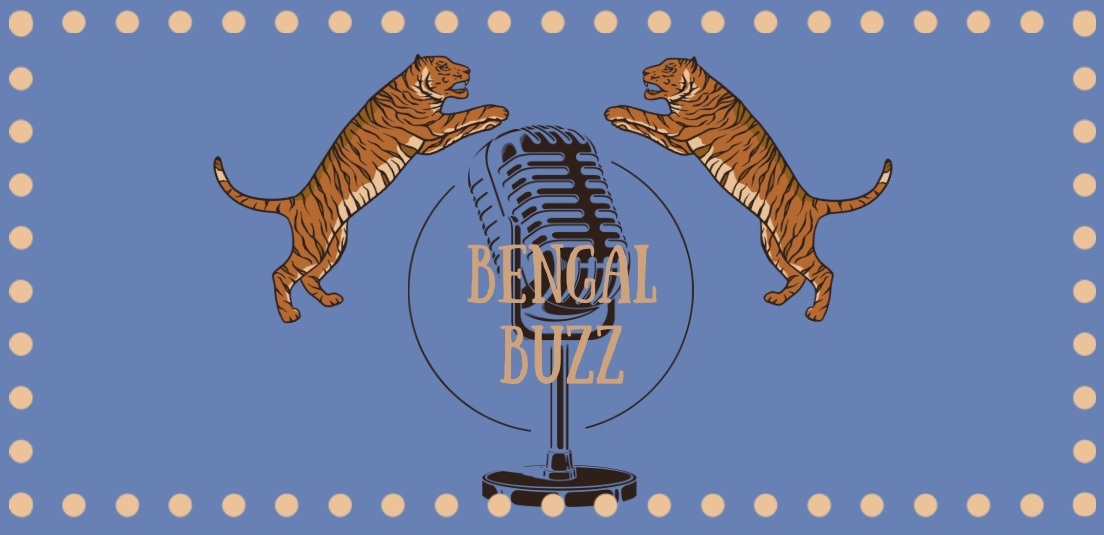
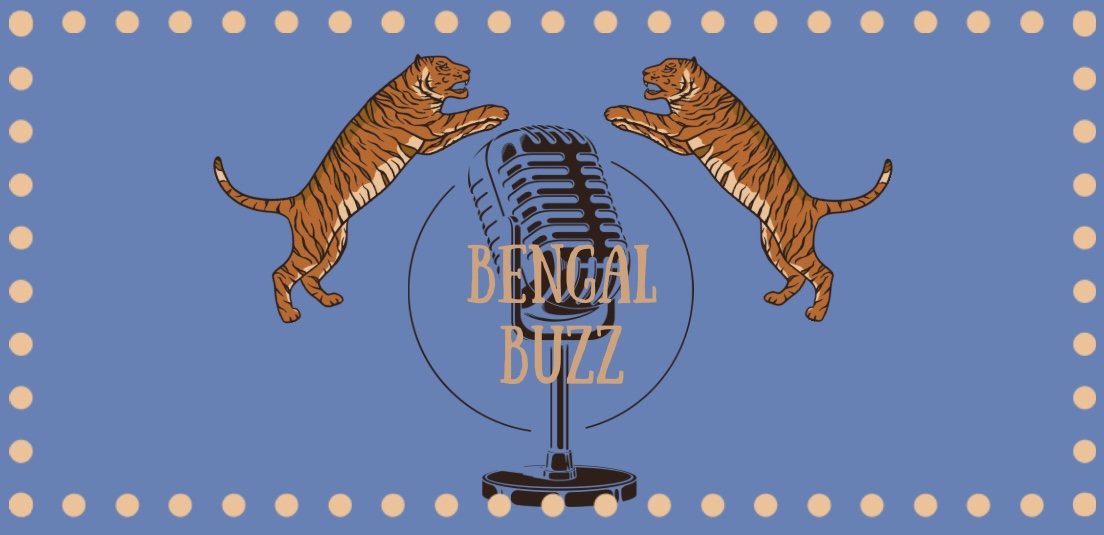
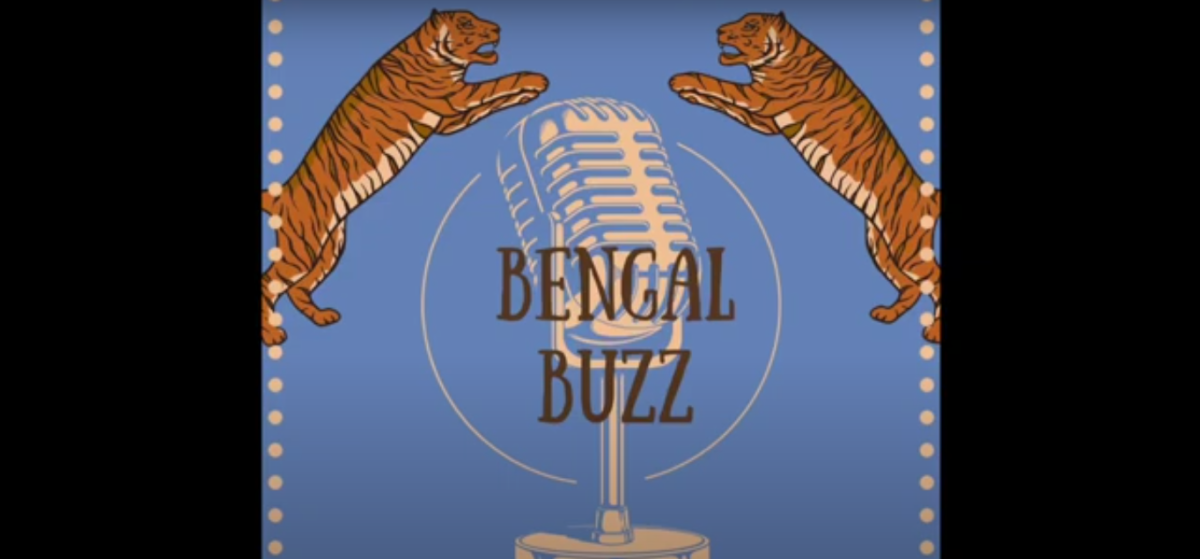
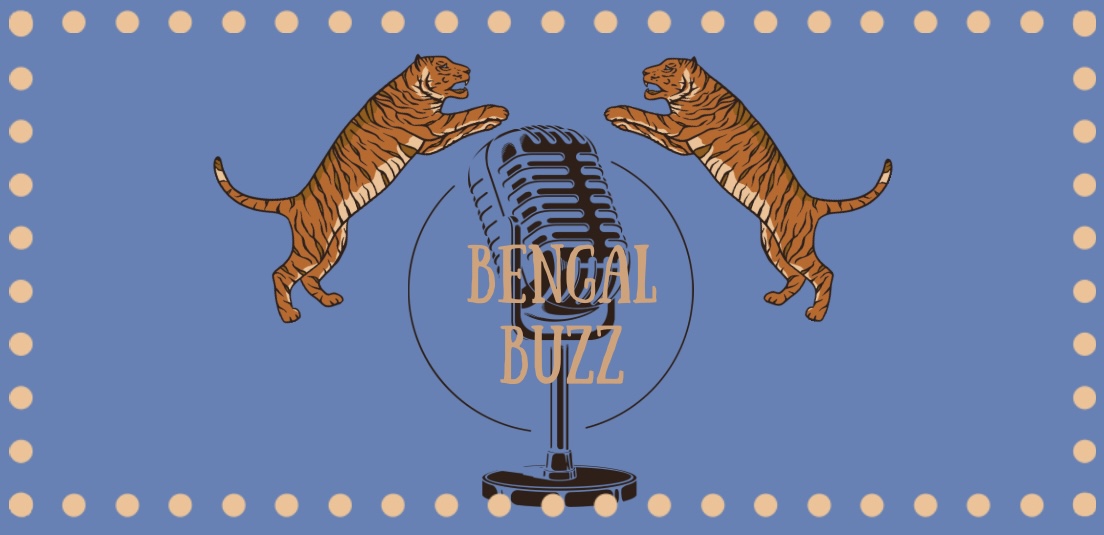
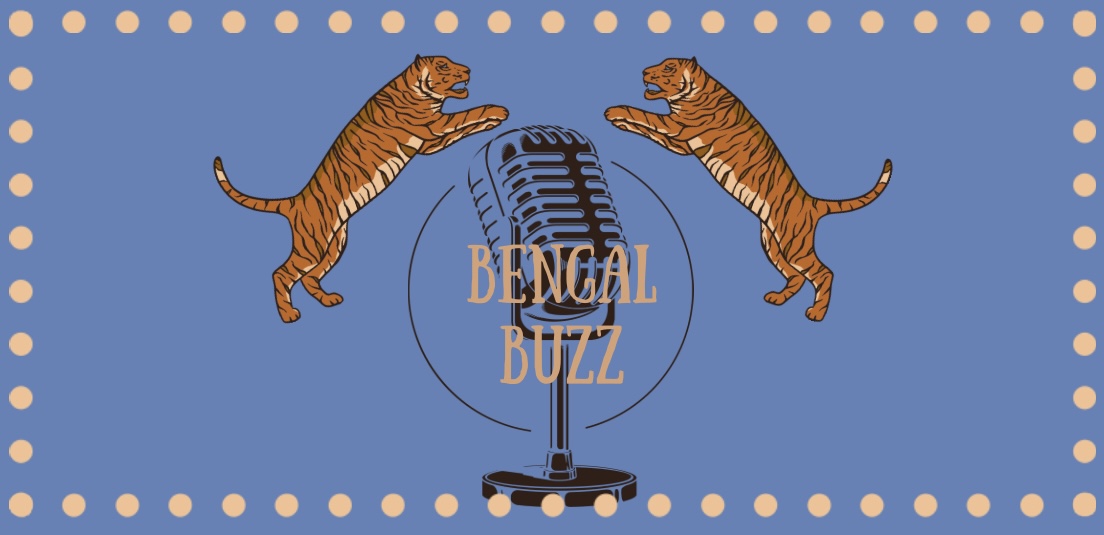

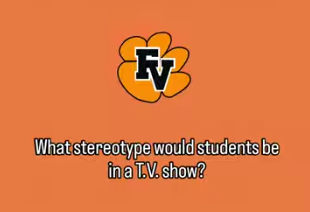
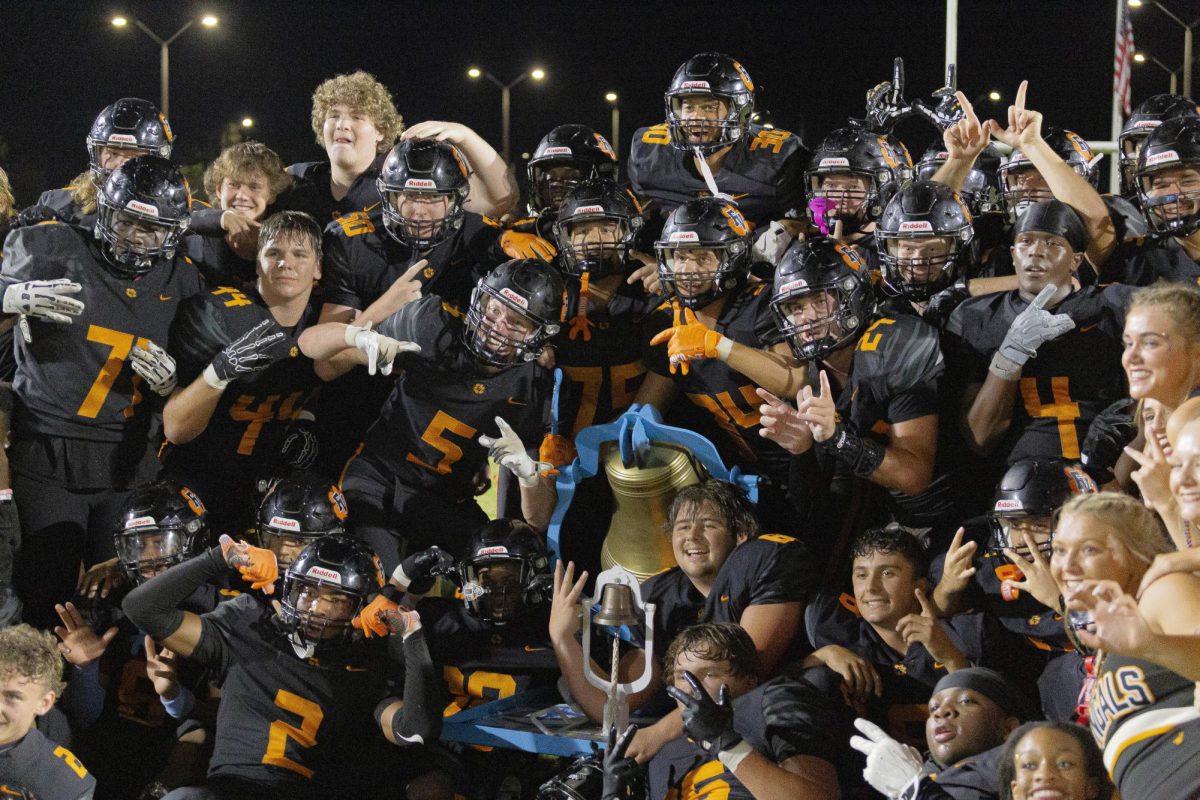
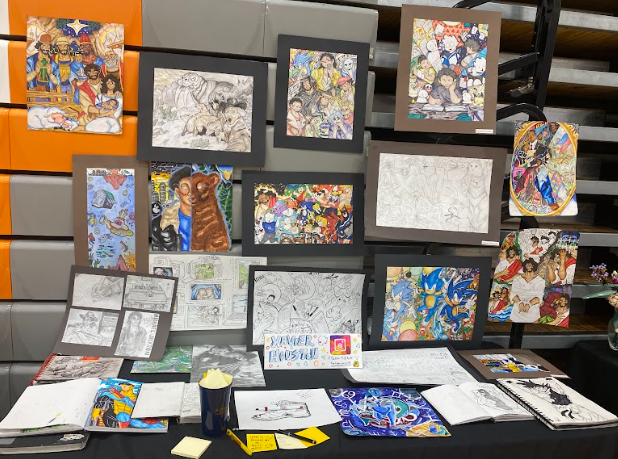



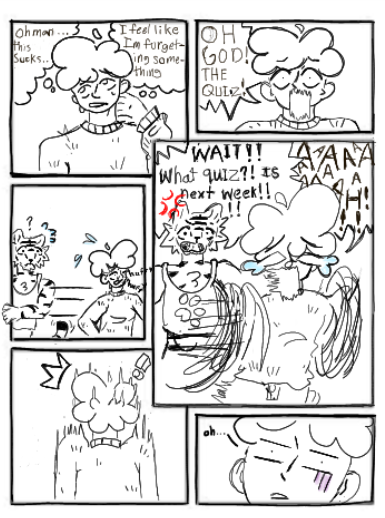
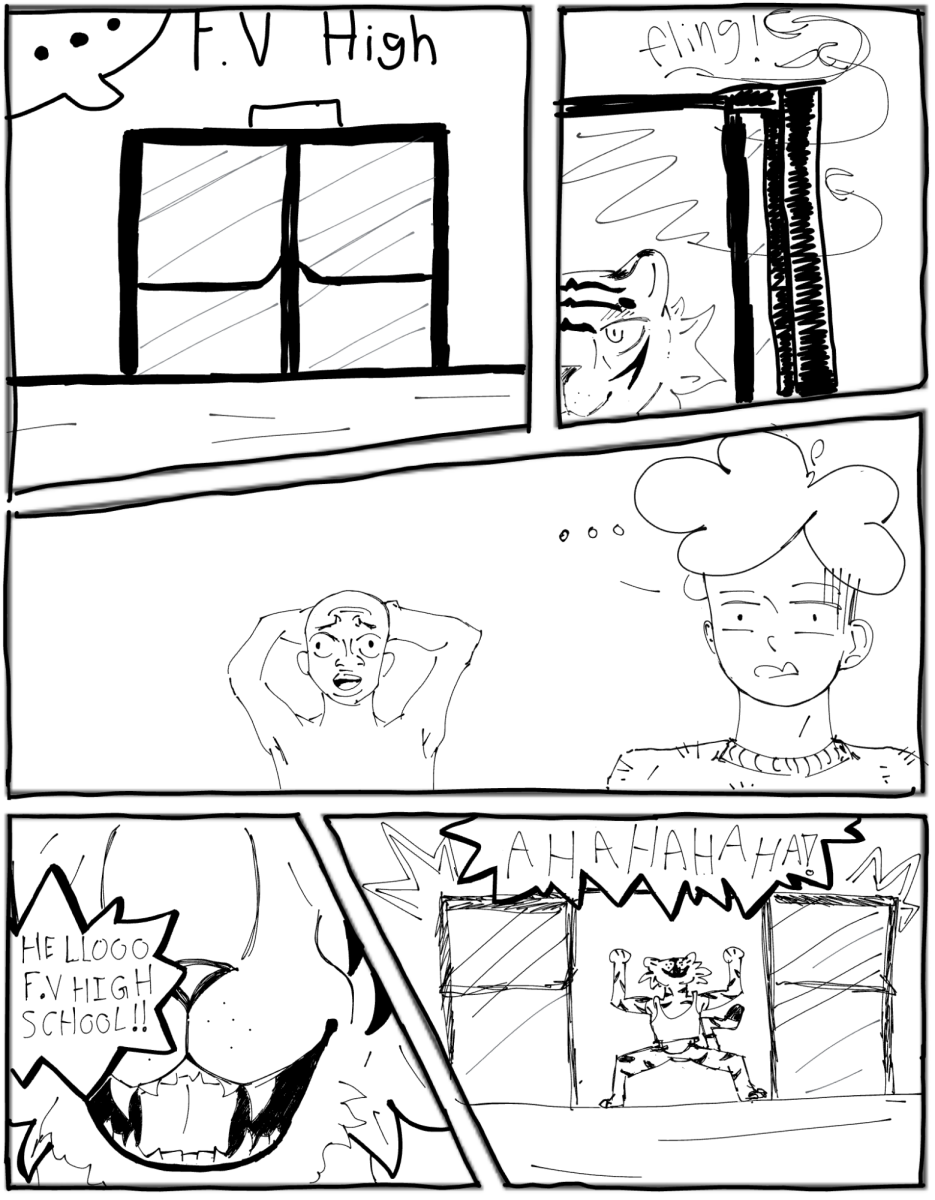
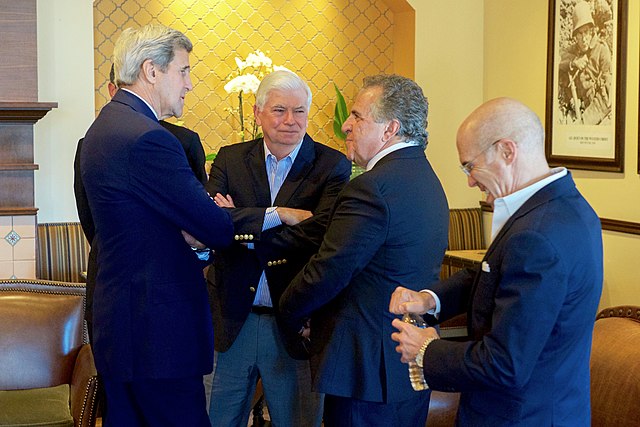

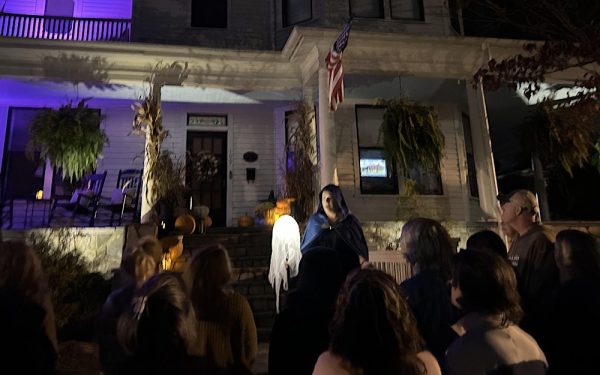
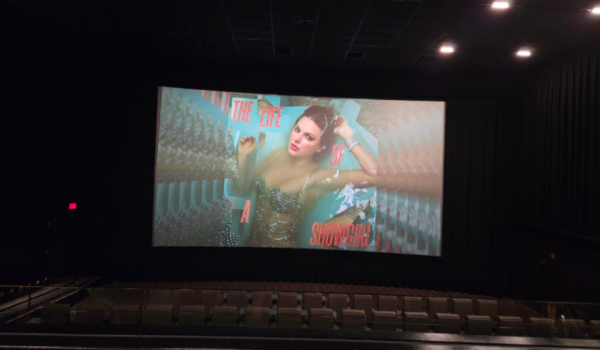
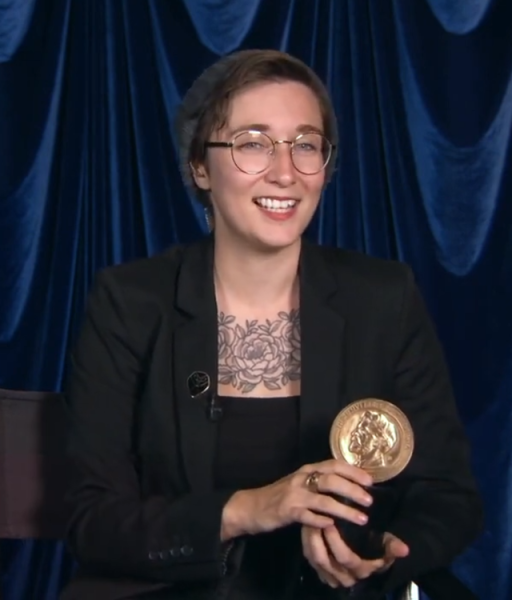
Jackson • Apr 20, 2024 at 5:07 pm
Using this as a source in my paper for college